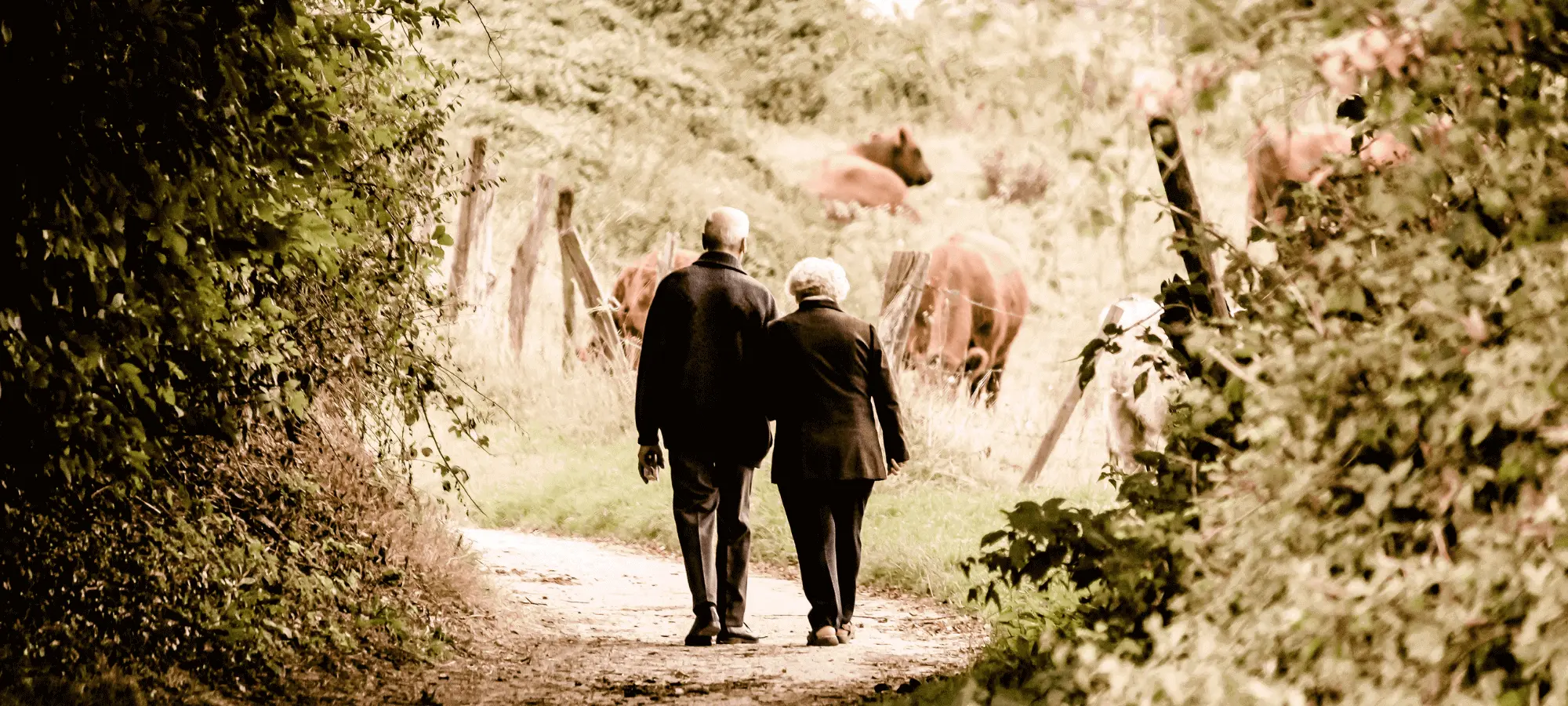
If you’re worried that someone in your life may be developing dementia, it’s completely normal for you to feel upset, anxious, and even scared about what this might mean. When someone you care about is experiencing a health problem, whether that be physical or mental, we know it can be tough. It might feel daunting, and you might not know how to help.
We’re going to be talking about what dementia is, who can be affected, and what it can look like. Being able to better understand dementia will help you understand what your family member may be going through. We’ll also be talking about what you can do to help, and where to get the right support for your family member and for yourself.
Firstly, what is dementia?
Dementia is a syndrome (a group of related symptoms) associated with an ongoing decline of brain functioning.
Dementia can be caused by lots of different things, and there are many types of dementia.
Sometimes, people think of Alzheimer’s disease as a different condition. Actually, Alzheimer’s disease is a type of dementia. Alzheimer’s disease and vascular dementia make up the majority of dementia cases.
What can dementia look like?
It’s important to know that dementia isn’t a natural part of getting older, and can also affect people under 65 – which is young-onset dementia. Recognising what the symptoms may look like can help you spot it easier.
Dementia isn’t just about memory loss, it can show up in a lot of different ways and affect people differently.
Someone with dementia may experience:
- Memory problems
- Confusion and needing help with daily tasks
- Finding it difficult to follow a conversation
- Changes in behaviour such as feeling more anxious or irritable than usual
- Losing interest in relationships and socialising
- And many more
These experiences can start off small but become more noticeable over time. This can affect someone’s ability to be independent.
I think my family member is developing dementia, what do I do?
You’re already making the first step by researching and finding out what dementia can look like and how it might affect someone.
If you’re worried about your family member, it’s a good idea to encourage them to make an appointment with a GP. A great way to offer your support is to suggest that you go with them. It will also be useful for the GP for you to be there, as you can describe any changes you may have noticed in your family member.
The GP will also take a look at your family member’s physical health and may organise tests, just to rule out any other possible causes.
If other possible causes have been ruled out, the GP will refer your family member to a healthcare professional who specialises in diagnosing dementia. Dementia can be tricky to diagnose, which is why a referral to someone who specialises in diagnosing dementia is helpful.
At the appointment with the specialist, they may do memory tests with your family member, and even organise other tests such as a CT scan or an MRI scan. This will help the specialist be certain in their decision of diagnosis.
We know that all of this can sound daunting, and it’s completely normal to feel a range of different emotions. By taking these steps, your family member can receive an accurate diagnosis.
What happens next?
If your family member receives a diagnosis of dementia, this can be a really difficult thing to process for your family member and yourself. You may feel confused, concerned, and scared – and that’s okay. It’s important to remember that with good treatment and support, it’s possible for many people with dementia to lead fulfilling lives.
After a diagnosis, you and your family member will be able to talk to the doctor about the condition, how it might develop, what support services are available in your area, and much more.
Your family member may also attend follow-up appointments with a GP or other healthcare professional, to check how the dementia is progressing and if they have any new care needs.
It’s also useful to look ahead, and think about what might be the best way to support your family member and yourself as their symptoms progress.
There are some great resources on the NHS website in their dementia guide. Here you can find help and advice for your family member, and yourself.
You can also find support through Alzheimer’s Society. They offer lots of information and advice, as well as support options such as a dementia support line, an online community and dementia support services.
Looking to the future
It’s really important to know that you’re never alone, and that the right support and care are available.
At Everyturn Mental Health, we know there is no ‘one size fits all’. Everyone we meet has their own stories and experiences, and our caring teams take the time to listen.
We offer a range of dementia services to help support your family member and yourself. You can find out more about how we can help here:
We are passionate about providing good care to people with dementia and their families, so we really hope you’ve found this article and resources useful. It’s important to remember you are never alone in what you’re going through.
For more information, resources and support, visit: